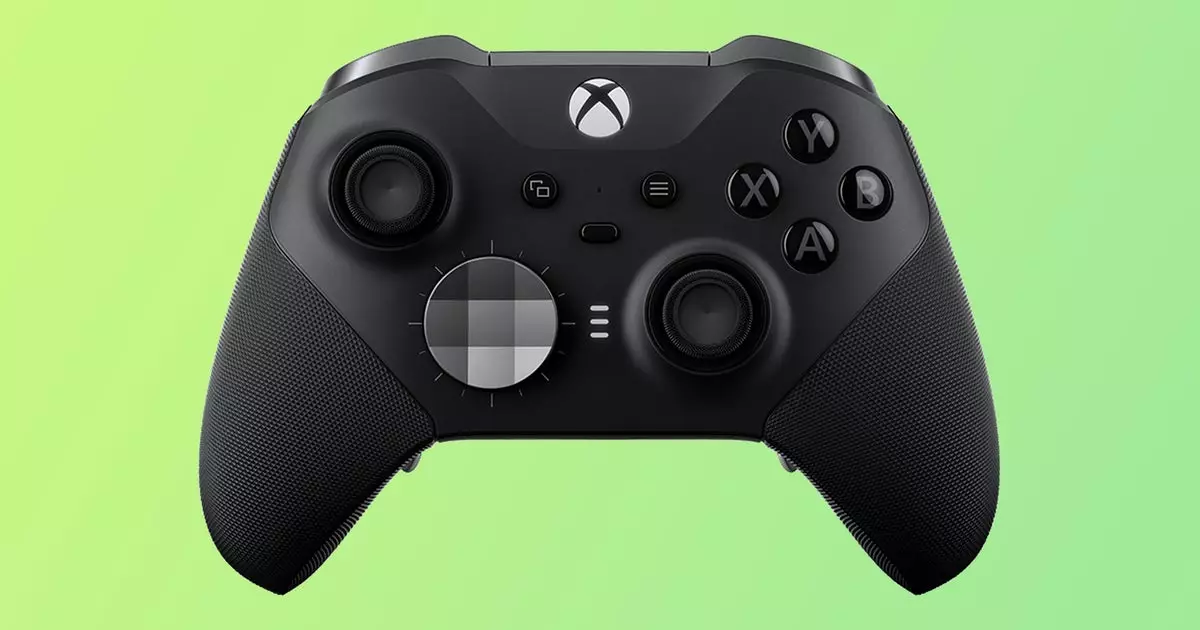In recent years, the intersection of digital entertainment and social justice has captivated public attention, particularly within the gaming community. One significant manifestation of this phenomenon is the Boycott, Divestment, and Sanctions (BDS) movement, a campaign that aims to draw attention to the actions of corporations perceived as complicit in human rights violations. This movement is focusing its efforts on Microsoft, urging gamers to cancel their subscriptions to platforms like Game Pass and refrain from engaging with popular titles, including Minecraft and Call of Duty. The rationale behind this call to action stems from allegations linking Microsoft’s technologies to the Israeli military’s operations in Gaza, igniting an intense debate over ethical consumerism in the tech and gaming industries.
The BDS movement’s call to boycott Microsoft’s gaming offerings has been bolstered by recent allegations stemming from a joint investigation by reputable sources, including the Guardian and various Israeli publications. These reports allege that Microsoft’s Azure cloud services and artificial intelligence products have been utilized by the Israeli military, particularly during the Gaza conflict that escalated after October 7, 2023. Gamers are faced with a profound dilemma: to continue enjoying their favorite titles or to take a stand against perceived complicity in humanitarian tragedies.
Microsoft’s Dilemma: Profit vs. Ethics
The allegations against Microsoft are weighty, suggesting that the company’s technologies have been instrumental in operations concerning military intelligence and civilian control. Reports claim that Microsoft has not only provided storage solutions but has also facilitated crucial services that aid in military actions, such as managing population registries in contested regions. Such revelations can fundamentally alter a consumer’s perception of a brand. Gamers who have historically seen Xbox as a mere entertainment source now find themselves questioning the ethical ramifications of their engagement.
The critique against Microsoft is not new; the company has faced scrutiny in the past regarding its associations with technologies that infringe on civil liberties. A notable incident occurred in 2020 when Microsoft was called out for its investment in AnyVision, an Israeli startup involved in controversial facial recognition technology. The resultant fallout led Microsoft to divest from the tech, highlighting the company’s responsiveness to public backlash. However, the current narrative surrounding Microsoft’s ties to the Israeli military presents a more challenging scenario, as the allegations touch on ongoing human rights issues that resonate deeply with global audiences.
The Impact of Digital Boycotts on Corporate Accountability
The BDS movement’s tactics provide a compelling case for the impact of collective consumer action within digital landscapes. By leveraging the vast networks afforded by social media and gaming communities, calls for boycotts can achieve surprising reach and influence. In the case of Microsoft, two former employees have emerged as prominent voices within the boycott campaign, evidencing how personal experiences and convictions can morph into larger movements for change. This grassroots approach underscores a critical shift: consumers are now equipped and willing to hold corporations accountable not just for their products, but for their ethical considerations.
Furthermore, the repercussions of a successful boycott extend beyond the implicated company. They serve as a wake-up call for the entire industry, potentially prompting other companies to reevaluate their relationships and business practices. As gaming becomes an ever-more significant cultural force, the ethical responsibility of those who create and distribute gaming content cannot be understated. The Microsoft controversy places a spotlight on the moral obligations of corporations, pushing the narrative that gaming is not an insulated realm, but rather one that reflects our societal values and challenges.
Gamers with a Cause: Mobilizing Community Responses
The mobilization of the gaming community against Microsoft’s alleged actions illustrates a robust engagement with broader socio-political issues. Gamers are recognizing their power not only as consumers but as advocates for social justice. The effectiveness of this boycott hinges on the community’s capacity to remain informed and unified. Through social media campaigns, discussions in gaming forums, and the dissemination of investigative reports, the BDS movement is successfully fostering a sense of awareness and participation among gamers.
What remains to be seen is whether this growing sentiment will lead to tangible changes within Microsoft’s corporate practices. The gaming industry is in a unique position to reflect the values of its audience, providing a canvas through which players can express their beliefs and drive social change. As the conversation about ethics in gaming continues, the actions we take today may reshape the industry for future generations. The call for boycotts transcends mere consumerism; it insists that every click, every dollar spent, is a vote for the kind of world we want to see.

